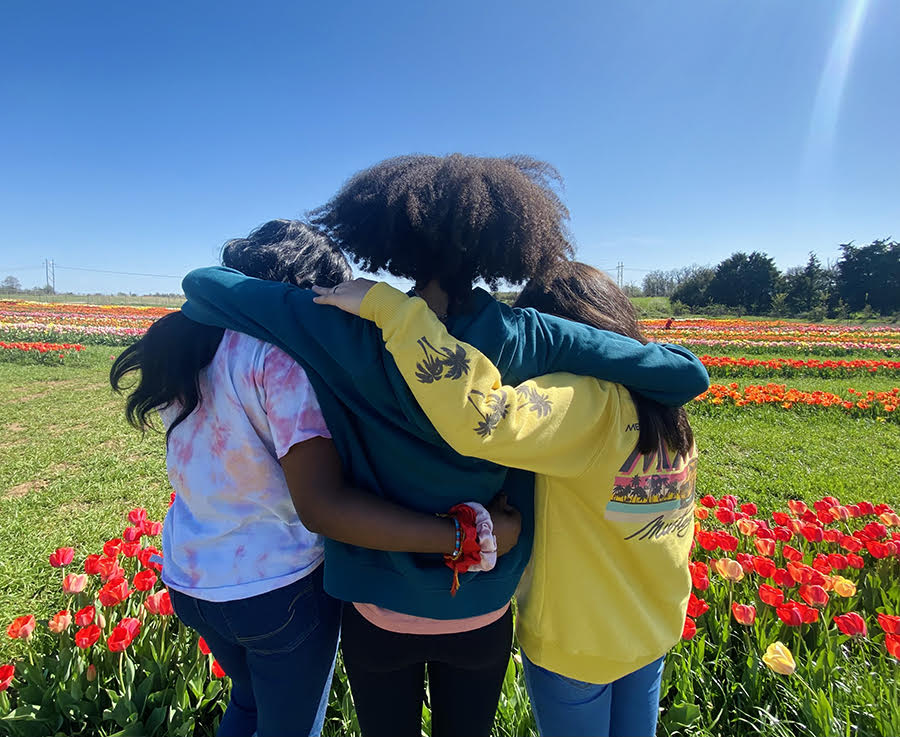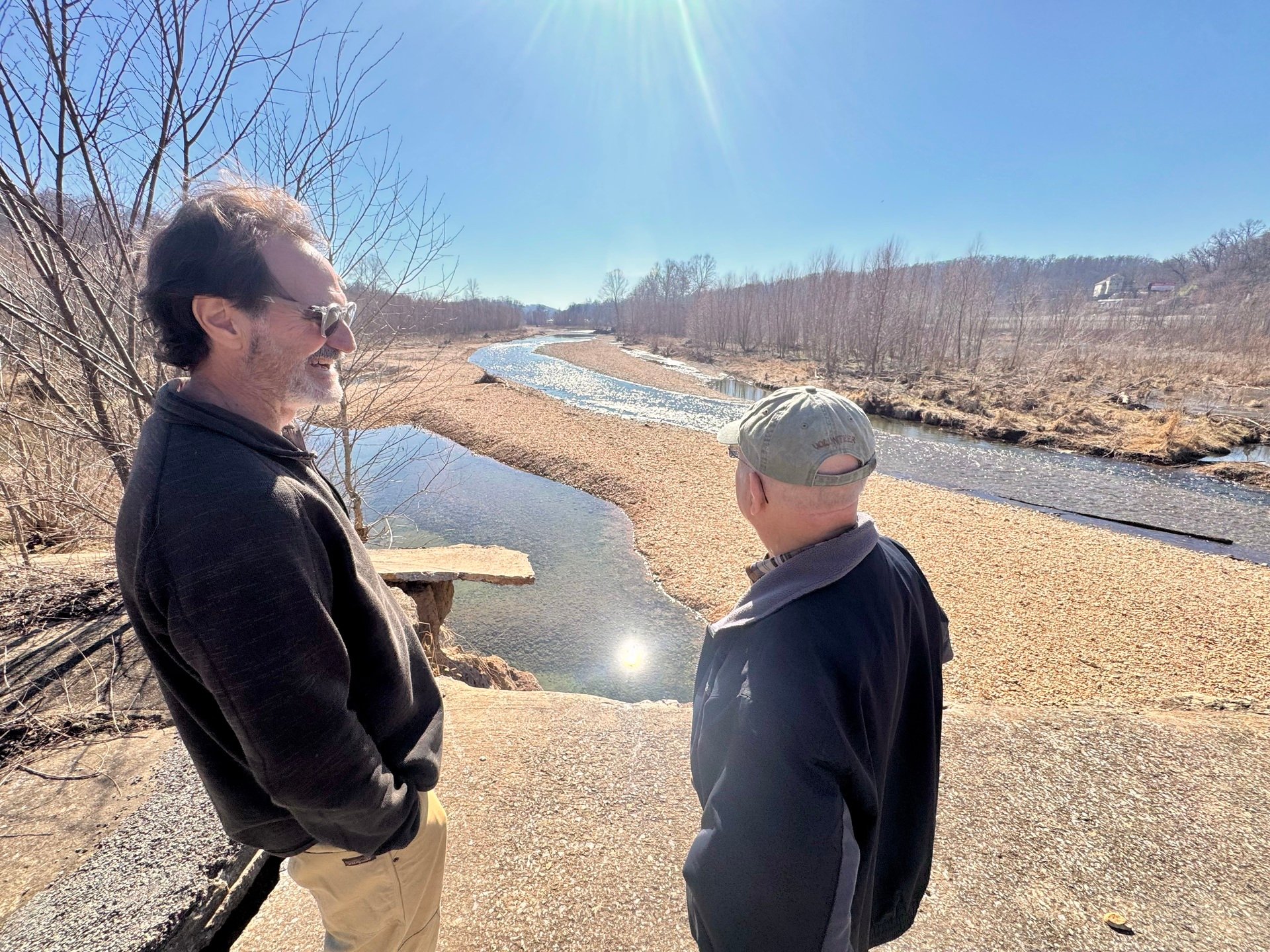
A meeting at Wonderland Cave in July 1931. Courtesy of the Shiloh Museum of Ozark History/Bella Vista Historical Society (S-86-108-29)
The Encyclopedia of Arkansas, managed by the Central Arkansas Library System, is an extensive online encyclopedia about our state.
With nearly 8,000 entries, it mentions Bentonville just over 200 times. Here are some of the most interesting local entries:
Schools in Bentonville were among the first in the state to integrate their schools after the landmark Brown v. Board of Education ruling in 1954. In practice, this meant admitting one Black student. Administrators were careful to make no public announcement to avoid fallout from the decision.
The Peel Mansion Museum & Botanical Garden preserves the historic 1875 home of Colonel Samuel W. Peel, a Civil War veteran and U.S. Congressman. The mansion, which is listed on the National Register of Historic Places, exemplifies early Victorian architecture with its distinctive tower, arched windows, and ornate interiors.
In the late 1880s, local townsfolk got together and opened a college. Alas, it was not to be. After just six years, it closed and, after a few other uses, became the local high school until what is now known as Old High Middle School opened for the 1929–30 school year.
Our area saw significant action during the Civil War, as evidenced by the creation of Pea Ridge Military Park and Prairie Grove Battlefield State Park. Bentonville itself was taken by Union forces. The only Union casualty happened when a soldier was shot in the head while stocking up on whiskey. Locals hid his body in an outhouse.
Neil Ernest Compton, a Bentonville native and physician, was crucial in stopping the Buffalo River from being dammed by founding the Ozark Society in 1962. His advocacy led to the river’s designation as the first National River by President Nixon in 1972. He is the namesake of Compton Gardens and Arboretum.
Wonderland Cave in Bella Vista was developed by Clarence Andrew Linebarger in 1930 as a tourist attraction. The cave featured a large vaulted chamber used for dances and as a nightclub. Linebarger also stored wine there for his winery starting in 1935. After changing hands and briefly operating as a rock and roll nightclub in the 1980s, the cave closed in 1995. It’s now owned by the Walton family.
The Benton County Poor Farm Cemetery, located northeast of downtown Bentonville, is the most significant remaining physical marker of the Benton County Poor Farm, established in the mid-19th century to care for the poor. The cemetery, which contains unmarked graves dating back to around 1860, was added to the National Register of Historic Places in 2008. The cemetery, now surrounded by residential development, is located in the Allencroft Subdivision.






